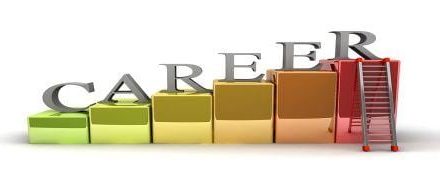You will need to prepare for questions asked by the interviewer. There is a comprehensive set of queries usually requested in most of the interviews. These questions are of seven types, which include open questions, closed questions, hypothetical questions, leading questions, multi-barreled questions, and behavioural questions.
An example of the open questions the interviewer might ask at the beginning of the interview could be ‘tell us about yourself’? The interviewee can speak as much as he/she wants to describe himself/herself professionally. For answering such questions, the selection criteria and an individual’s strength should be kept in mind.
Closed questions are those questions that do not provide enough chance for the interviewee to speak apart from yes or no. They ask these questions to acquire specific technical or factual information. The interviewee should make sure that you understand the question entirely; otherwise, you should not hesitate to request clarification about the matter.
In the hypothetical questions, you have an idea of the criteria to assess the thinking abilities of the interviewee. For instance, for a professional in communications, questions could be ‘what would you do if journalists call suddenly for a query about your press release’? Such responses demand a solid knowledge of the subject matter.
The leading questions require a logical answer. The interviewer may ask, ‘this job entails working under pressure and meeting deadlines-do you have these skills? The answer should be more than a yes or no and supported by the previous experience.
Multi-barreled questions are two or more combined questions relevant to the same topics. Such issues can be confusing for the interviewee. In this case, he/she may ask to recall the details.
In the last category of the questions, the interviewer might ask behavioural questions to determine the future behaviour of the candidate in the light of job experience and employment expectations. You need to answer with examples of your experience and knowledge of how your particular skills developed in the past can benefit the employer.
There are some questions you should avoid asking. For example a personal question about the age, marital status, family background or height? Such items are necessary for particular jobs, for instance, in the army or airlines. Still, the best alternatives can be asked instead of asking such questions directly if an interviewer observes a candidate out of the job criteria for the reasons of his personal information.




